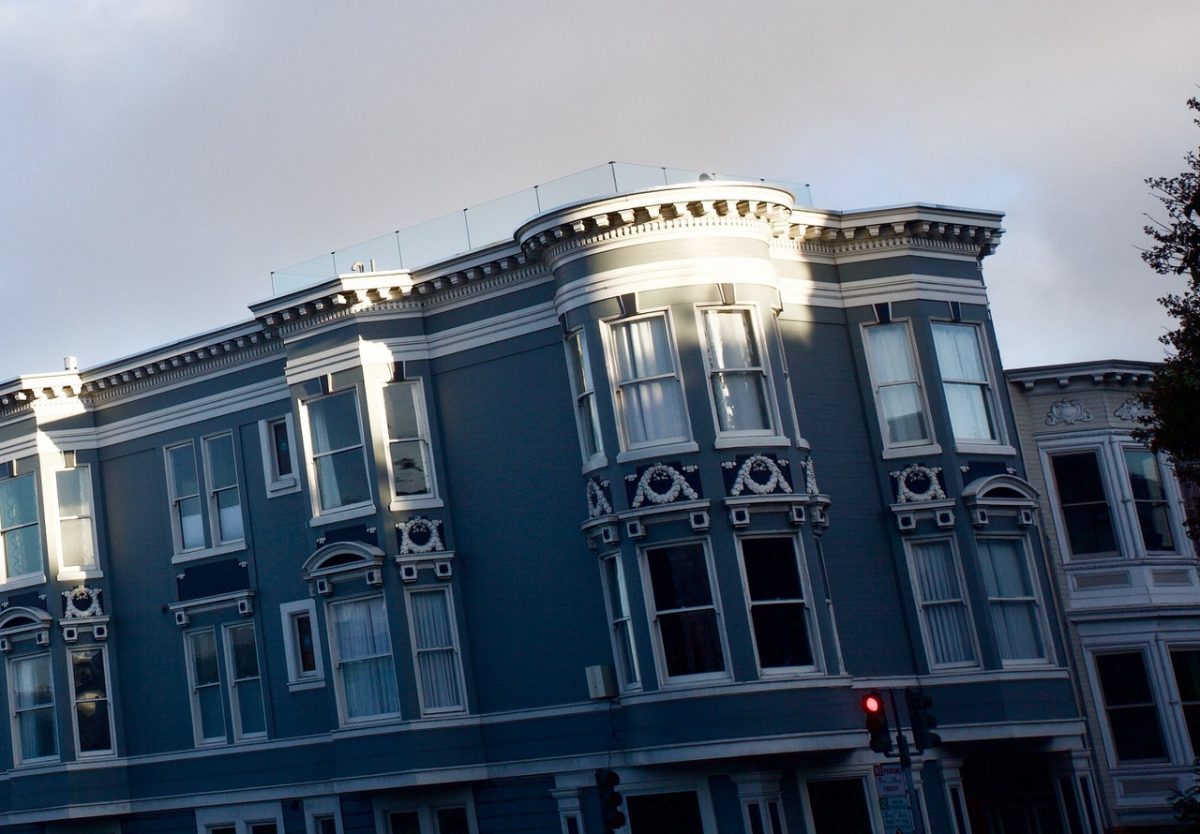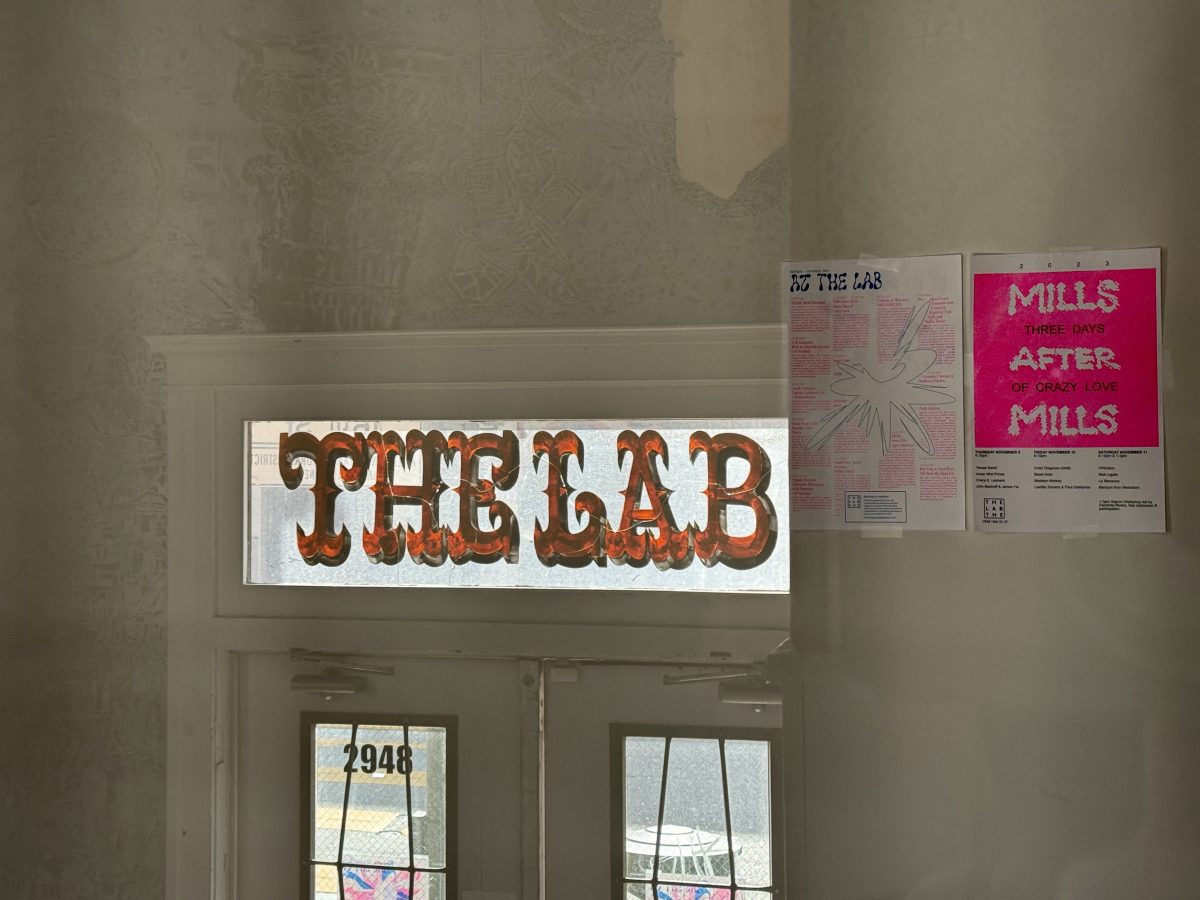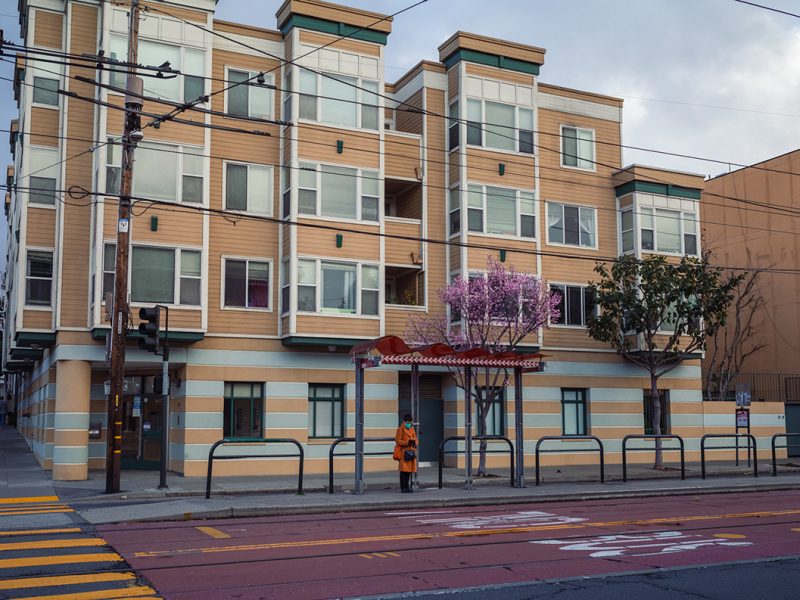Tempting fate. Playing games. That’s what supervisors were accused of doing today, after they failed to pass a state-mandated housing plan by the Nov. 24 deadline, bringing San Francisco one step closer to losing local development control and millions of dollars in state housing funding.
And, despite the years that San Francisco officials have had to create a state-compliant housing element — a plan that outlines the construction of some 82,000 homes in eight years — before precipitating negative consequences, the Land Use and Transportation Committee of the Board of Supervisors unanimously passed a resolution asking for one thing: More time.
“I have to say, I think it’s okay to have more time to get it right,” said Supervisor Myrna Melgar. “We have no power to compel them to do so … but I think it’s okay to ask.”
The full Board of Supervisors will vote on the extension resolution tomorrow, but the state is not compelled to grant it. It could ignore the request and, in fact, staff with the City Attorney’s Office said today that they expect a “corrective action” letter from the state, given the city’s failure to pass a compliant housing element.
That letter would initiate a 30-day countdown that requires San Francisco to implement the state’s revisions or risk consequences, like the loss of millions in transit and affordable housing funding, and loss of local development control.
Though no letter arrived as of the meeting, deputy city attorney Andrea Ruiz-Esquide told the supervisors to expect one. “I think the letter will be coming soon,” she said.
“It’s not worth the theater,” said Annie Fryman, a former legislative aide of Sen. Scott Wiener’s now working for the housing nonprofit SPUR. “I think that that’s a serious mistake of this city, given the consequences that are on the table for us.”
For supervisors and community groups, the delay was not theater, but concerns about affordability: Supervisors Aaron Peskin and Connie Chan, echoed by Supervisor Dean Preston and community groups like the Race & Equity in Planning Coalition and the Council of Community Housing Organizations, said the present housing element fails to adequately address how some 46,000 affordable units would be built in eight years’ time.
“San Francisco will not be able to achieve its 2023-2031 affordable housing production goals with a singular focus on private development policies and practices,” the resolution states.
Supporters expressed concern that passing the housing element as it stands would thus allow policies that harm poorer San Franciscans, and “not ultimately advance” the goal of building affordable housing.
Indeed, supervisors are worried that state mandates could endanger the current affordable housing stock and future production. An October letter from the state told San Francisco officials that they must change local inclusionary housing rules to abide by the State Density Bonus Law, and an earlier iteration of the plan suggested demolishing non-occupied rent-controlled housing in certain instances.
Amendments by the Planning Department and Supervisor Rafael Mandelman, and passed by the committee Monday, took the demolition of rent-controlled housing off the table, prohibited ‘monster homes’ in his district, and restricted demolition of buildings built prior to 1923 regardless of significance. The proposed changes to the state density-bonus law were not addressed.
Meanwhile, residents and members of pro-development groups like SPUR, the Housing Action Coalition, and YIMBY Action decried the eleventh-hour delay, particularly spurred by the ‘monster home’ and historic amendments, which would set the approval back.
“We are tempting fate, flirting with disaster,” said Jake Price of the Housing Action Coalition. “I’d like us to please pass this today, and pass it at the full board tomorrow.”
Indeed, the state’s October letter warned San Francisco that it urgently needs to adopt 18 corrective actions, including skipping Planning Commission hearings outside of high-need areas, and amending inclusionary housing law. The letter said the city’s difficult permitting process is the major culprit, and noted it took more than 500 days, on average, to entitle a project in San Francisco under existing policies.
For her part, Melgar said she was “fully confident” that the board will pass a compliant housing element before the deadline alongside Monday’s amendments — even if it’s by the skin of its teeth.





Loss of local control would be delicious – electeds need to stop playing games
The Supes will um and ah and then pass this at the last possible moment. Losing all those millions in State funds would be an unthinkable folly.
If there is a political will then those homes can be built, and should be.
“Supervisors Aaron Peskin and Connie Chan, echoed by Supervisor Dean Preston and community groups like the Race & Equity in Planning Coalition and the Council of Community Housing Organizations,”
That’s your problem right there. Peskin has a slight pragmatic streak; he’s the only one. Preston is a multimillionaire landlord whose rental properties are more valuable if no new housing is built. I don’t know why the media doesn’t point this out more often. Chan is simply incompetent.
As for the organizations, they basically are against market-rate housing, period.
my hope is that all the old people in San Francisco who had it good by moving here in the 80s and 70s for cheap finally kick it and allow the city to build homes for the younger community who actually make the city vibrant. I’m tired of seeing these old crones, who think they’re entitled to $800/month rent and truly offer nothing to the city, moan about additional development. How about you get out of your SFH, grandad, and let a young family afford to live in the city by building apartments?
Zach,
I was being a flippant smart ass.
Not only am I in favor of anything anyone builds deep enough in the earth to survive a 750 kiloton atomic explosion a quarter mile away, I will help and I’m pushing 80.
I met a guy in the Kenmore Lobby (one of last real SF Boarding houses) a half century ago who was part of an Army unit that dug down and in and burrowed body while they exploded a 1 megaton bomb nearby and they survived.
Don’t remember how far it is but there used to be commercials on the tube from the government that said these things are survivable if you can just dig.
So, my apologies and …
Dig away !!
Since when is SPUR a housing organization? They are a land use organization, whose history is in the racist redevelopment of cities across the Bay Area, and quite specifically San Francisco’ SOMA and Fillmore neighborhoods. SPUR is not a neutral operator. They work at the behest of their members, which have historically be the monied interests of the Bay Area, specifically banks, real estate, developers, and multinational corporations. They have a veneer of locality, but their aims are to make public policy on land use work for the rich and powerful. It is beyond time to name SPUR for what it is: a destructive force on the affordability of the Bay Area.
Can anyone explain where the 82,000 figure came from? I understand it’s from the ‘housing element’ – but what was it based on? It seems like a projection from 2019 before the pandemic. Surely we don’t need that many units now? There are tons of units available for rent since we lost 10% of the population in the last couple yrs and people no longer need to be in the city. I just don’t see why SF would building that much – it would be a huge oversupply and cause prices to crash (and make many underwater).
Plus the cost of financing doesn’t pencil out. What am I missing?
“I just don’t see why SF would building that much – it would be a huge oversupply and cause prices to crash (and make many underwater).”
And there you have it. Build 82,000 homes, and home prices and rents fall. There is your affordable housing right there.
@MTN
Rents are already much, much cheaper post-pandemic, and there’s a lot of supply for rent. So where is the add’l need for 82k coming from, when city already has plenty on the market for rent, at reduced prices? Sure, maybe we need 20-40k units for population growth but I don’t see 80k moving in….. is that the # of people the city needs in order to keep its bloated15B budget? I maybe we can easily trim the fat by 1/3.
Also financing is expensive and will be for a while so I don’t even see projects getting designed/built if there’s no profit on the horizon.
And so, my main q – why does this law punish the city for not building what is not needed and not economically feasible. Non of it makes sense.
Prices and rents won’t budge. In particular for most needed family workforce housing: 2br, 3br. These 81k units might be planned for, but will never be built in the foreseeable future. What gets lost in the shuffle: Rehabbing/maintaining existing affordable housing stock, which will fall into further disrepair as funds are scrambled for pointless 1BR and studio new construction.
Folks took up larger units, got rid of roommates during the pandemic, moved back – therefore we don’t have add’l 7% vacant (the actual percentage that left)
SFer,
It’s just the Wiener gang rubbing it in.
It was interesting to see the couple of dozen Marin groomed looking 30’ish one after another coming to the mic.
So different than the usual desperate pleas from often unbalanced people.
These Yimby’s are organized and hitting this site as I speak.
Doesn’t take many posts to set a tone.
Marcos is only Prog left from the ‘Class of 2000’ and he has no ideas and just nags.
As I’ve mentioned before to a Spam filter …
Supervisor Preston caught the absurdity of it all …
“We have produced more Market Rate Housing than anyone in the State at 125%.
Now, they threaten to withhold the money to build Affordable Housing if we don’t build more Market Rate Housing.”
Musk says in ten years it might be possible to wake up in the morning and decide how smart you want to be that day and just dial it into your brain implant.
Maybe then I’ll be able to understand why so many bright young people serve Greed.
I remember now.
Wrote it down once …
The Devil pays good.
San Franciscans need to be reminded that Scott Wiener was the lead sponsor on state legislation that punishes San Francisco by withholding state transportation and affordable housing dollars unless it dismantles its approval process to transfer risk from developers to San Franciscans.
Given high interest rates, projects are stalled. It will take several years from the time that interest rates begin to fall for the financing pipelines to thaw. This means as the years go on, developers and lenders will not do their thing and San Francisco will be further punished for not meeting housing targets.
I hope the supes dawdle and the state cracks down. If SF loses local land use control and state affordable housing dollars and transit funds, then Scott Wiener is revealed to be a developer tool who hates his constituents and his political career comes grinding to a screeching halt.
Although the City&County bureaucracy needed a firm kick in the behinds, Wiener has lost my vote over the de-merits of his pursuits.
SF’s bureaucracy has zero bearing on the rate of market rate housing production. Lenders and demand are the bottlenecks.
Wiener/Chiu supporters did this,
By sending them to Sacramento where they wrote legislation overriding local Land Use control.
Hearing was stacked with Public Comments mostly from a Wiener friendly Yimby crowd able to get away for their one minute input.
Per Peskin, there was no Public Comment by Phone.
Supervisor Preston summarized it … (I’m paraphrasing here)
“We lead the State in producing Market Rate Housing at 125% of requirement.
Yet, the State is telling us that if we don’t make it easier to build more Market Rate Housing, they will take away our funds to build the Affordable Housing we need.”
To quote another Savant …
“That uh, Catch-22, thatsa some Catch!!”
There was another item on the Agenda for a rebuild of the Irish American Center.
Fit looking young fellow stood up and said that he surfed at Ocean Beach 365 days a year and that the Center, which is two blocks from his beach needs an undergroun swimming pool.
Party on fellow earthlings and hope it’s a Board Game.
lol
h.
Where did Peskin get “We lead the State in producing Market Rate Housing at 125% of requirement”? Is he just making things up or is this info anywhere? I tried searching and cannot find anything.
If this is true, why aren’t Nimby’s/affordable housing supporters shouting that from the rooftops and providing the evidence of this study? IT would really help get public sympathy on their side.
Or did Peskin just make it up knowing know one would call him on his bullshit?
Seriously, how do we find out which cities are creating the most market rate housing(per capita)?
Wait, why shouldn’t the United Irish Cultural Center be allowed to have a swimming pool if they want to build one and pay for it themselves? I presume many of their members are not interested in or physically able to swim in Ocean Beach.
Zach,
Of course.
I was kidding.
I’m Irish/German/?? mix and from County Monaghan in 1748.
I don’t care if you build a skeet shoot there.
Just aim it at the Pacific Ocean.
lol